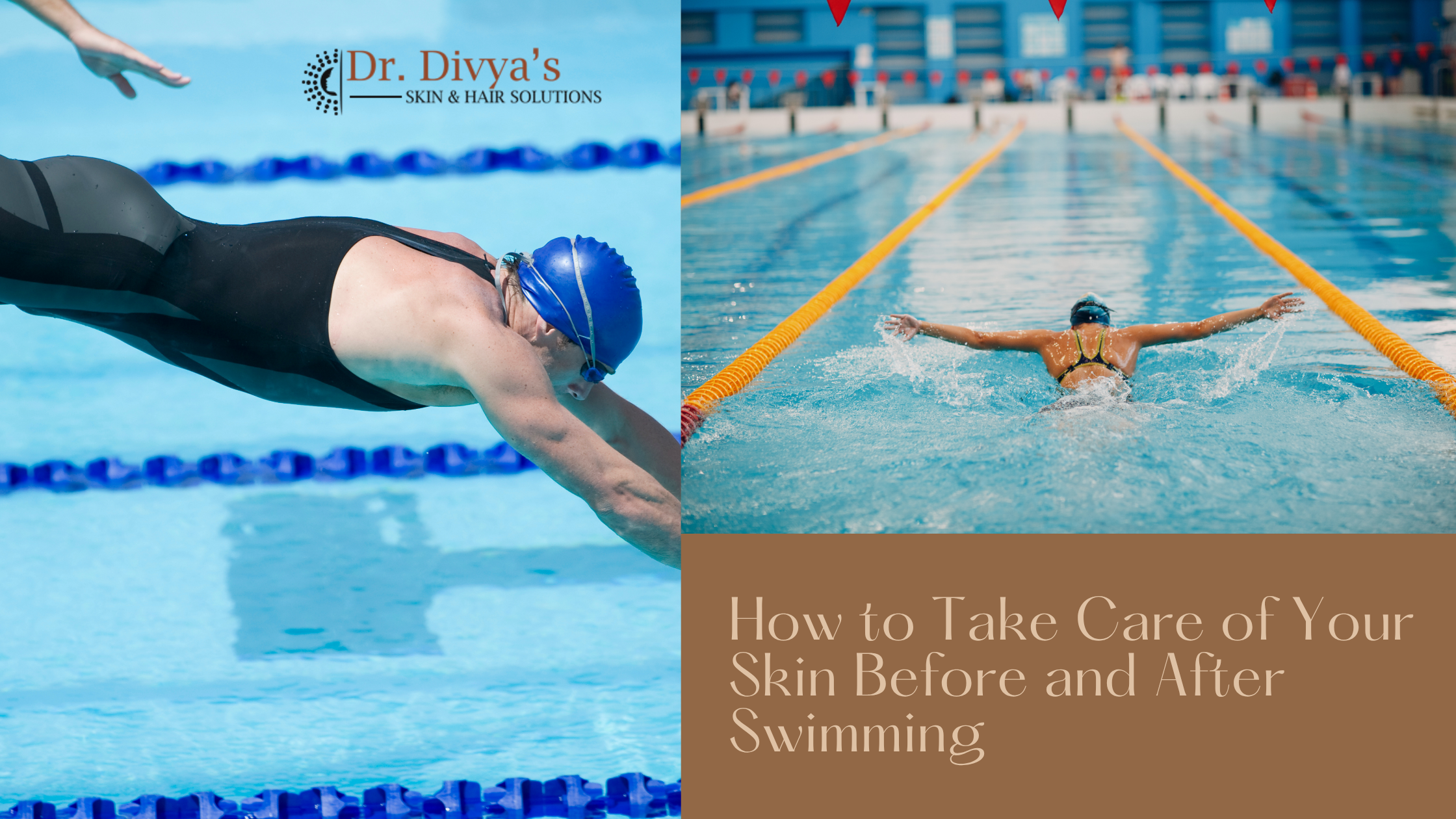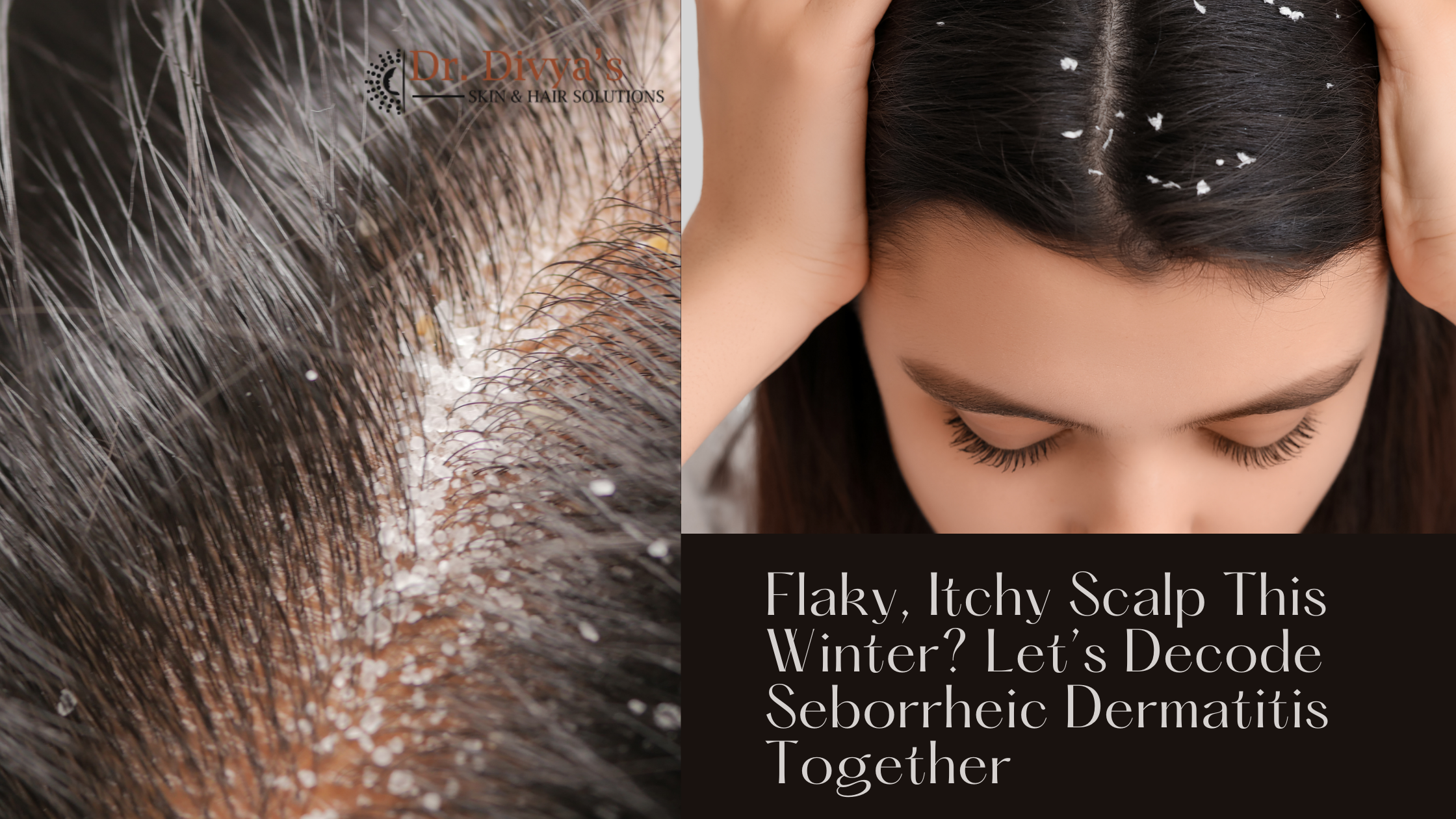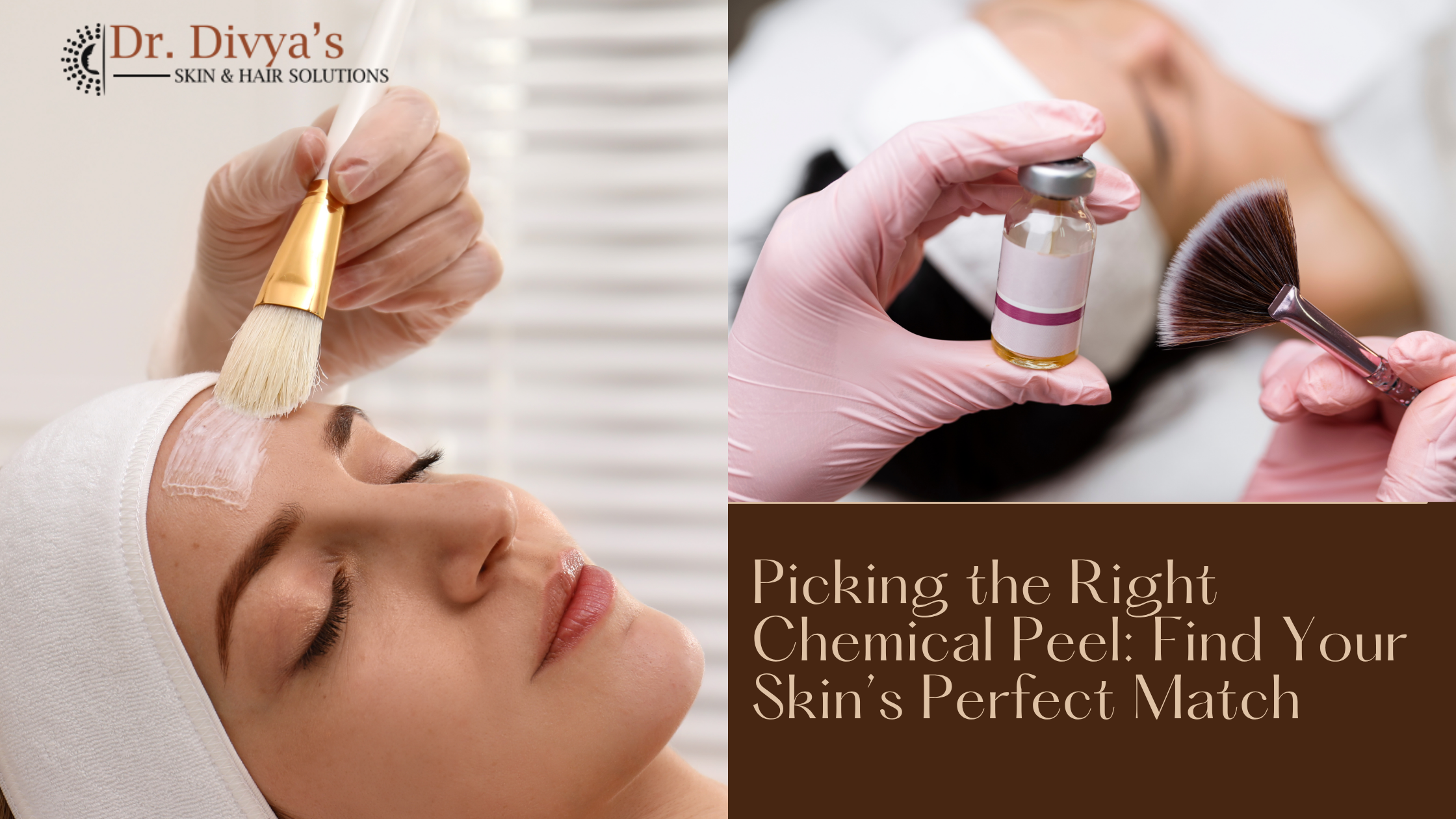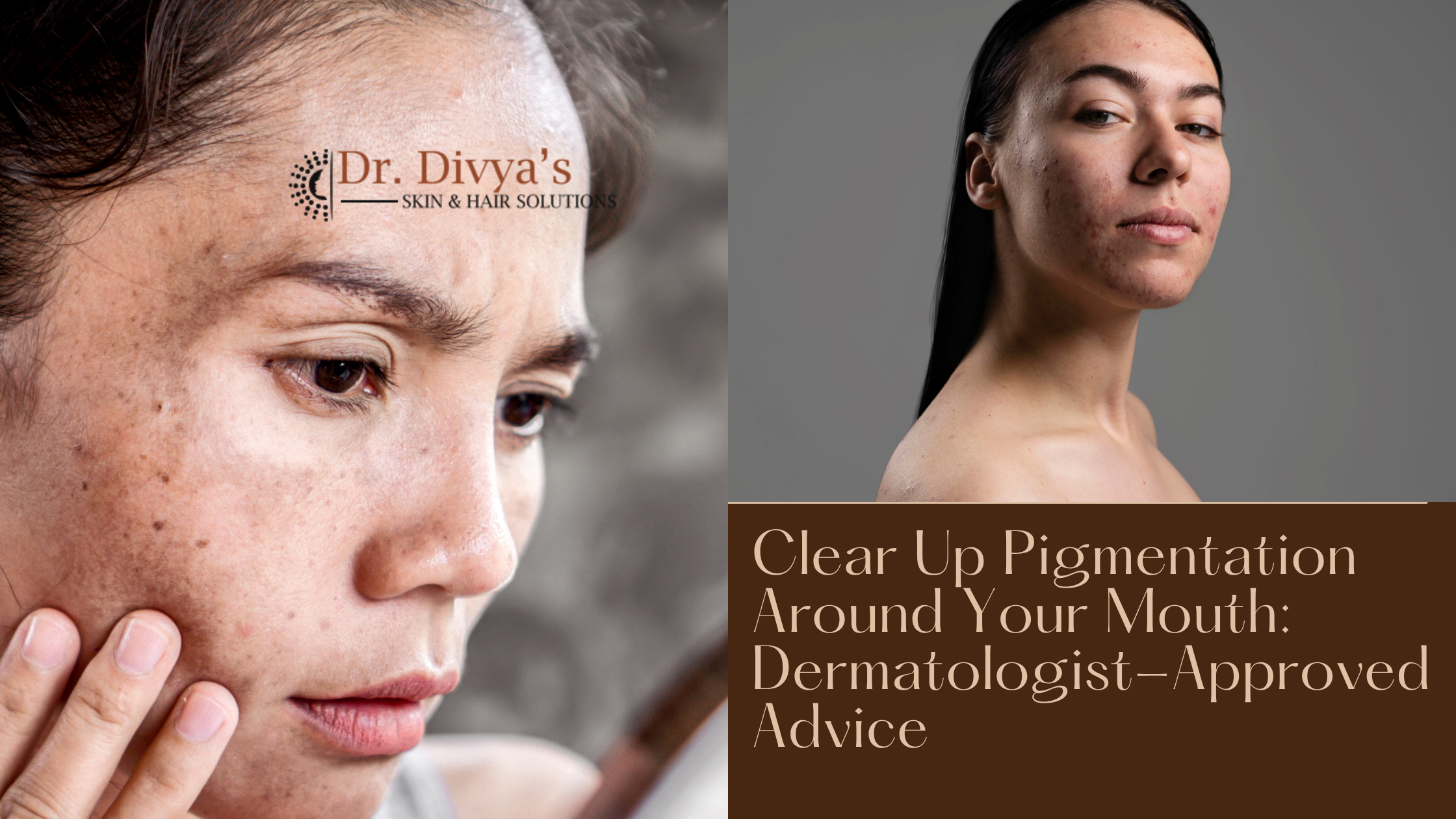Posted date on Jul 30, 2025
Swimming is one of the best full-body workouts. It helps you stay fit, beat the heat, and relax your mind. But if you’re someone who enjoys regular swims — whether in a pool or open water — you’ve probably noticed some side effects on your skin. Dryness, itchiness, tanning, and that tight feeling after stepping out of the water? Yes, that’s your skin asking for help.
Chlorine, salt water, and sun exposure can strip away your skin’s natural moisture and protective oils. But don’t worry — with the right skincare routine before and after swimming, you can enjoy all the benefits of swimming without compromising your skin health. Here’s a complete guide to protect, nourish, and maintain healthy skin for swimmers.
Why Swimming Affects Your Skin
Swimming pools contain chlorine, a disinfectant used to kill bacteria. While necessary, chlorine also strips the natural oils from your skin, leading to:
- Dryness and flakiness
- Irritation or redness
- Increased tanning or pigmentation
- Breakouts, especially in acne-prone skin
- Salt water from the sea has similar drying effects and may worsen eczema or sensitive skin.
Skincare Before Swimming: Shield Your Skin
1. Apply a Barrier Cream or Coconut Oil
Before entering the pool, apply a light layer of coconut oil, petroleum jelly, or a pre-swimming barrier cream to prevent chlorine from directly contacting your skin.
2. Use a Water-Resistant Sunscreen
Don’t skip sunscreen. Use a broad-spectrum SPF 50, water-resistant sunscreen that protects against both UVA and UVB rays. Reapply after swimming.
3. Hydrate Your Skin
Apply a light, non-comedogenic moisturiser before swimming. It keeps the skin barrier protected and prevents excessive dryness.
4. Skip Makeup
Avoid applying makeup before swimming. Chlorine can react with certain cosmetics, irritating the skin.
Skincare After Swimming: Repair and Rehydrate
1. Rinse Immediately After Swimming
As soon as you step out of the pool or sea, rinse your body thoroughly with clean, lukewarm water to remove chlorine or salt.
2. Use a Gentle Cleanser
Choose a mild, sulphate-free face and body wash to clean without over-drying.
3. Moisturise Generously
Post-swim, your skin needs moisture. Use a rich, hydrating body lotion.
4. Treat Tanning and Pigmentation
If tanning is a concern, use serums or creams with Vitamin C, Niacinamide, or licorice extract to brighten and even out the skin tone. Avoid bleaching creams.
Pro Tip: For Regular Swimmers
- Use a vitamin C serum daily to fight free radicals.
- Keep your skin barrier strong with ceramide-based moisturisers.
- Hydrate from within — drink at least 2-3 litres of water a day.
- For body acne caused by sweating and chlorine, try salicylic acid body washes 2-3 times a week.
Conclusion
Swimming doesn’t have to come at the cost of your skin’s health. With a simple but consistent routine, you can protect your skin from chlorine damage, dryness, and tanning. Whether you're a weekend swimmer or train every day, following these pre- and post-swim skincare tips will keep your skin healthy, soft, and glowing — just like your fitness levels!
FAQs
Q1. Can chlorine permanently damage my skin?
No, but regular exposure without proper care can cause dryness, sensitivity, and premature ageing. Protecting your skin before and after swimming prevents long-term damage.
Q2. Should I apply sunscreen before swimming in an indoor pool?
Sunscreen isn't necessary indoors unless the pool has direct sunlight exposure through glass or skylights. For outdoor pools, it's essential.
Q3. I get body acne after swimming. What should I do?
Use an anti-acne body wash with salicylic acid or tea tree oil, and moisturise with non-comedogenic products. Showering immediately after helps prevent breakouts.
Q4. Can I use natural oils instead of barrier creams?
Yes, oils like coconut or olive oil create a physical barrier. Just make sure they’re light and don’t clog your pores, especially if you have oily or acne-prone skin.
Q5. How often should I exfoliate if I swim every day?
Limit exfoliation to 1–2 times per week, depending on your skin type. Over-exfoliating can worsen dryness or irritation.





